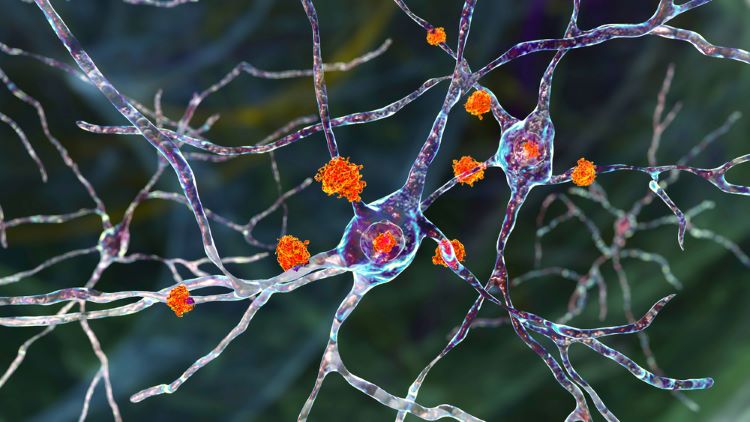Novartis to advance novel Huntington’s disease therapy
Posted: 3 December 2024 | Catherine Eckford (European Pharmaceutical Review) | No comments yet
As part of the agreement with Novartis Pharmaceuticals, PTC will receive an initial $1 billion to develop the potential first-in-class oral therapy.


Novartis Pharmaceuticals Corporation (a subsidiary of Novartis AG), is set to collaborate with PTC Therapeutics to develop the potential first oral disease-modifying therapy for Huntington’s disease.
The global license and collaboration agreement is focused on PTC Therapeutics’ PTC518 Huntington’s disease programme. PTC will receive $1.0 billion upfront. A total of up to $1.9 billion is on offer too, dependant on certain achievements including development, regulatory and sales milestones.
Developing a potential first-in-class medicine for Huntington’s disease
“This collaboration combines PTC’s expertise in developing small molecule splicing therapies with Novartis’s expertise in global development and commercialisation of neuroscience therapies. We are excited to collaborate with Novartis to accelerate the potential of PTC518 for the hundreds of thousands of [Huntington’s disease] patients worldwide in need of a therapy designed to be well-tolerated and an effective disease-modifying therapy. PTC will use the proceeds of this transaction to expand our splicing platform as well as to support commercial and development portfolio activities,” Dr Klein added.
“PTC518 is the leading oral disease-modifying therapy in development for Huntington’s disease and the economics of this agreement are consistent with the promise of this treatment,” stated Dr Matthew Klein, Chief Executive Officer, PTC Therapeutics.
“PTC518 is the leading oral disease-modifying therapy in development for Huntington’s disease and the economics of this agreement are consistent with the promise of this treatment”
PTC518 is currently being investigated in the ongoing Phase II PIVOT-HD trial.
In June, interim results from the study showed that PTC518 facilitated durable, dose-dependent reduction in blood and cerebrospinal fluid (CSF) mutant Huntingtin protein (HTT) levels at 12 months, according to PTC.
Novartis will be responsible for development, manufacture and commercialisation of the HTT mRNA splice modulator.
The license agreement is expected to close in Q1 of 2025, subject to certain customary closing conditions.
PTC is a biopharma company concentrating on bringing therapies to patients with rare disorders. Through its advanced alternative splicing technology, PTC identified the first-ever approved small molecule splicing modifier – Evrysdi® (risdiplam).
Related topics
Big Pharma, Biopharmaceuticals, Clinical Development, Clinical Trials, Data Analysis, Drug Development, Industry Insight, Research & Development (R&D), Technology, Therapeutics









